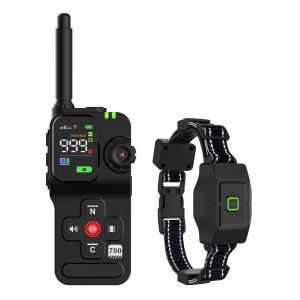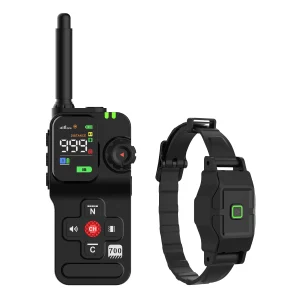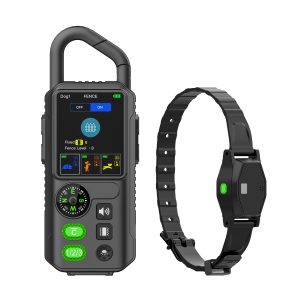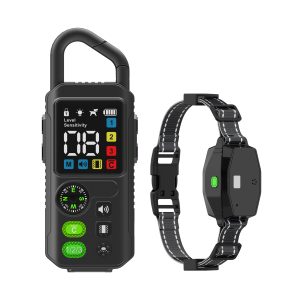Dog Bark Control Collars: A Solution to Excessive Barking
In a world where our furry friends are constant companions, dealing with excessive barking can be a challenge. Dog bark control collars have emerged as a potential solution to this common problem. These collars come in various types and designs, each with its unique mechanism to discourage or manage barking behavior in dogs.
The Science Behind Bark Control
Understanding why dogs bark excessively is the first step to addressing the issue. Dogs bark for various reasons, including boredom, anxiety, attention-seeking, or territorial behavior. Bark control collars use different methods to discourage barking, such as emitting a high-pitched sound, vibration, or mild static correction.
Types of Bark Control Collars
There are three main types of bark control collars: ultrasonic, vibration, and static correction collars. Ultrasonic collars emit a high-pitched sound that is unpleasant to dogs, while vibration collars use subtle vibrations to deter barking. Static correction collars deliver a harmless static shock as a deterrent.
Choosing the Right Collar for Your Dog
When selecting a bark control collar for your dog, consider factors such as your dog’s breed, size, and temperament. Consult with a professional dog trainer or veterinarian to determine the most suitable option for your furry friend.
Training with Bark Control Collars
Introducing a bark control collar to your dog requires proper training and consistency. Start with short training sessions, rewarding good behavior, and gradually increasing the duration of wear. Positive reinforcement is key to successful bark control collar training.
Conclusion
Dealing with excessive barking in dogs can be challenging, but with the right approach and suitable bark control collar, it is possible to manage this behavior effectively. Remember to consult with experts and follow recommended guidelines when using bark control collars for your furry companions.




